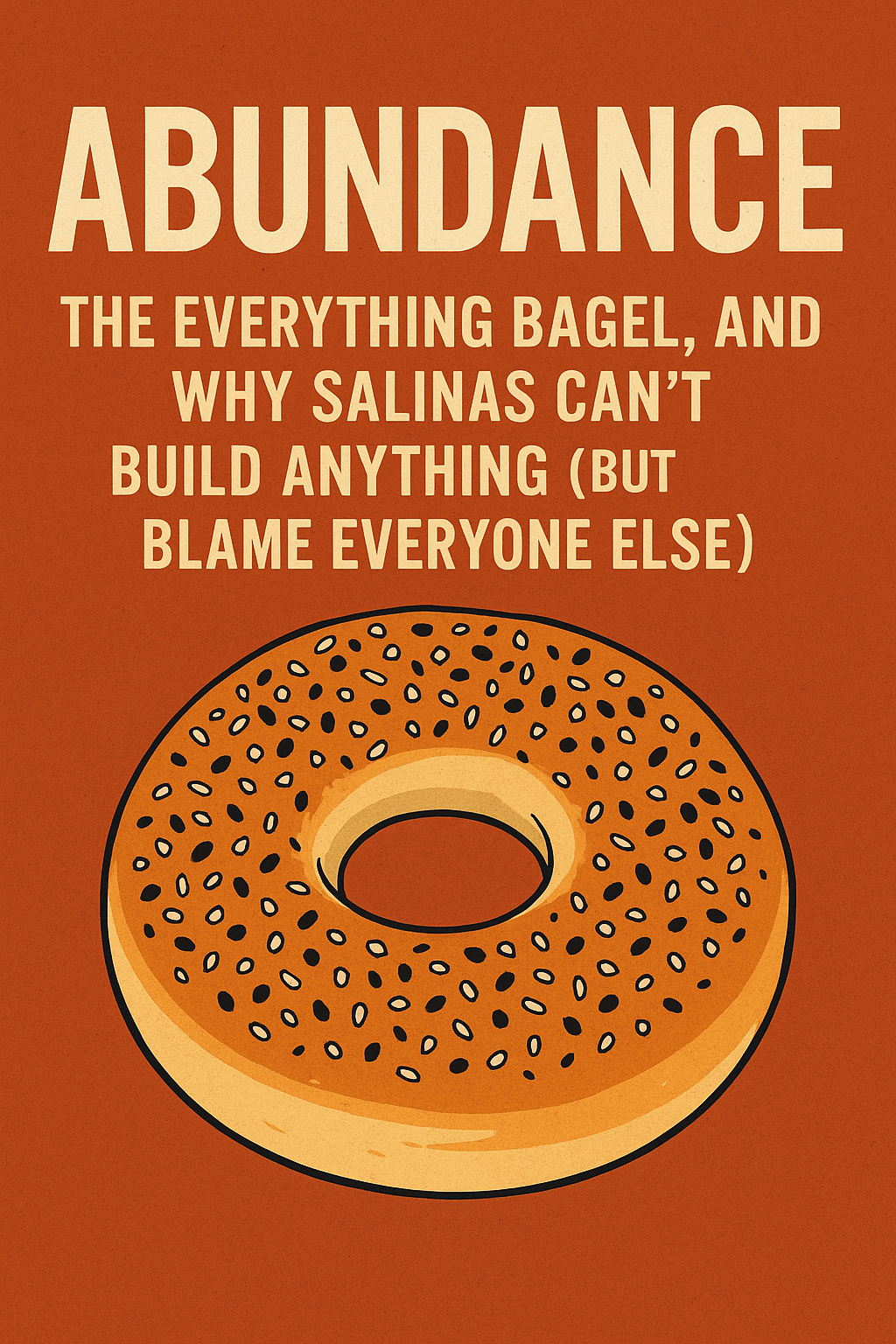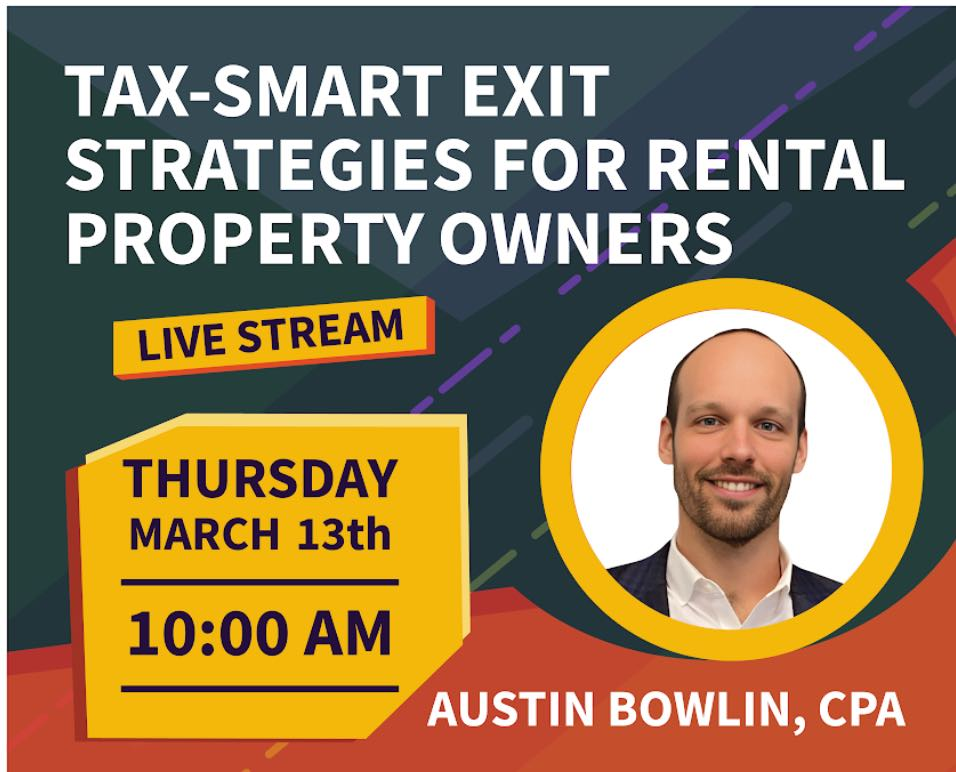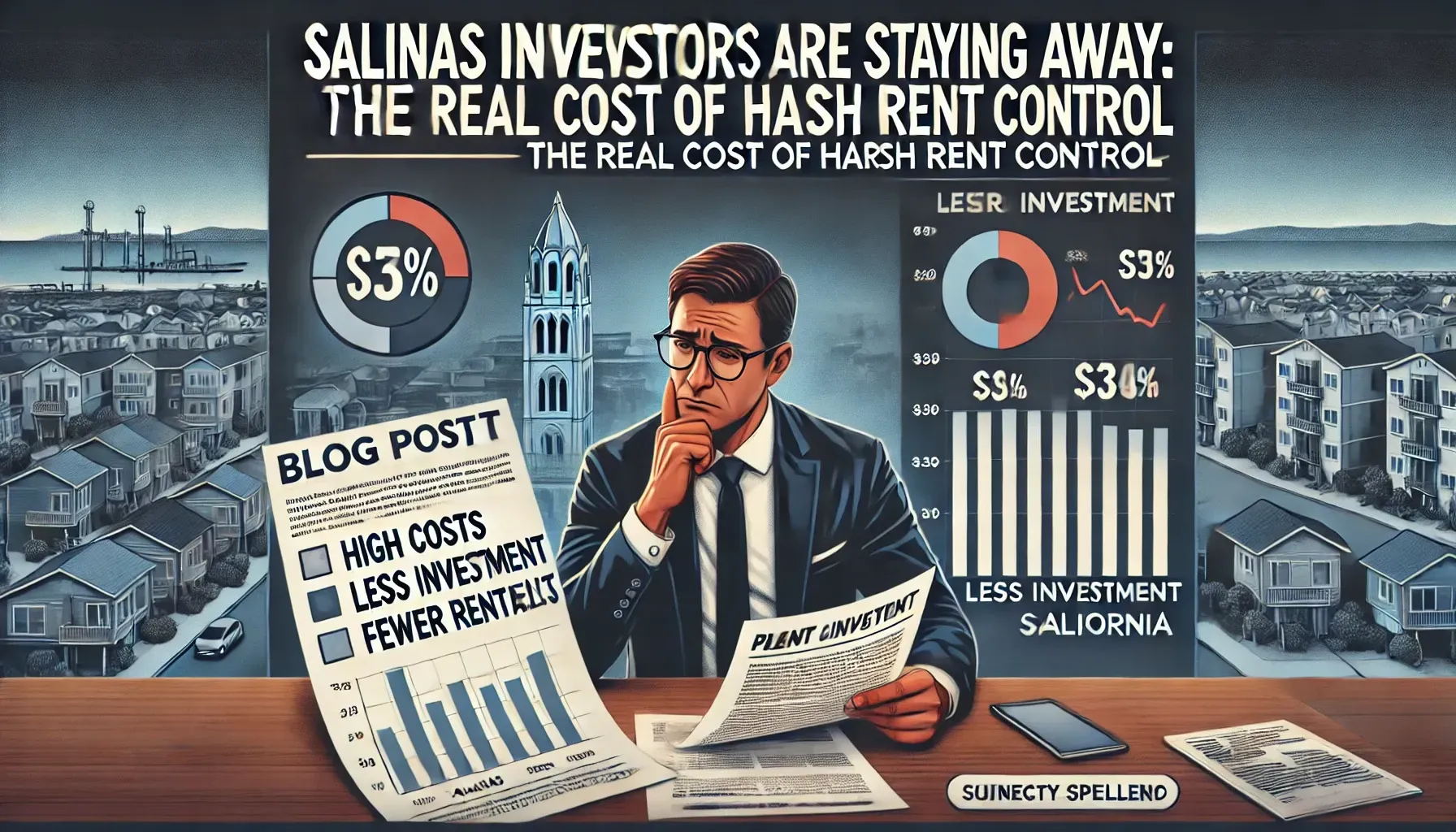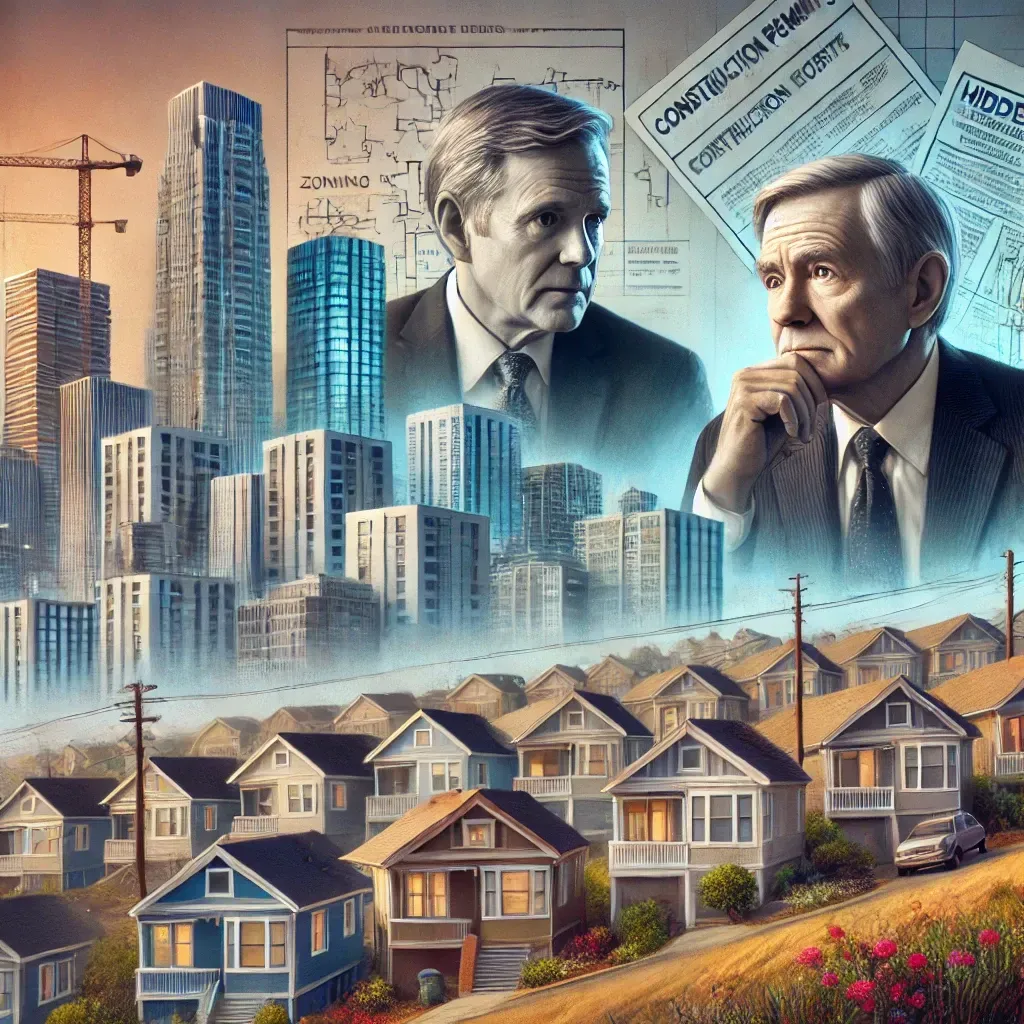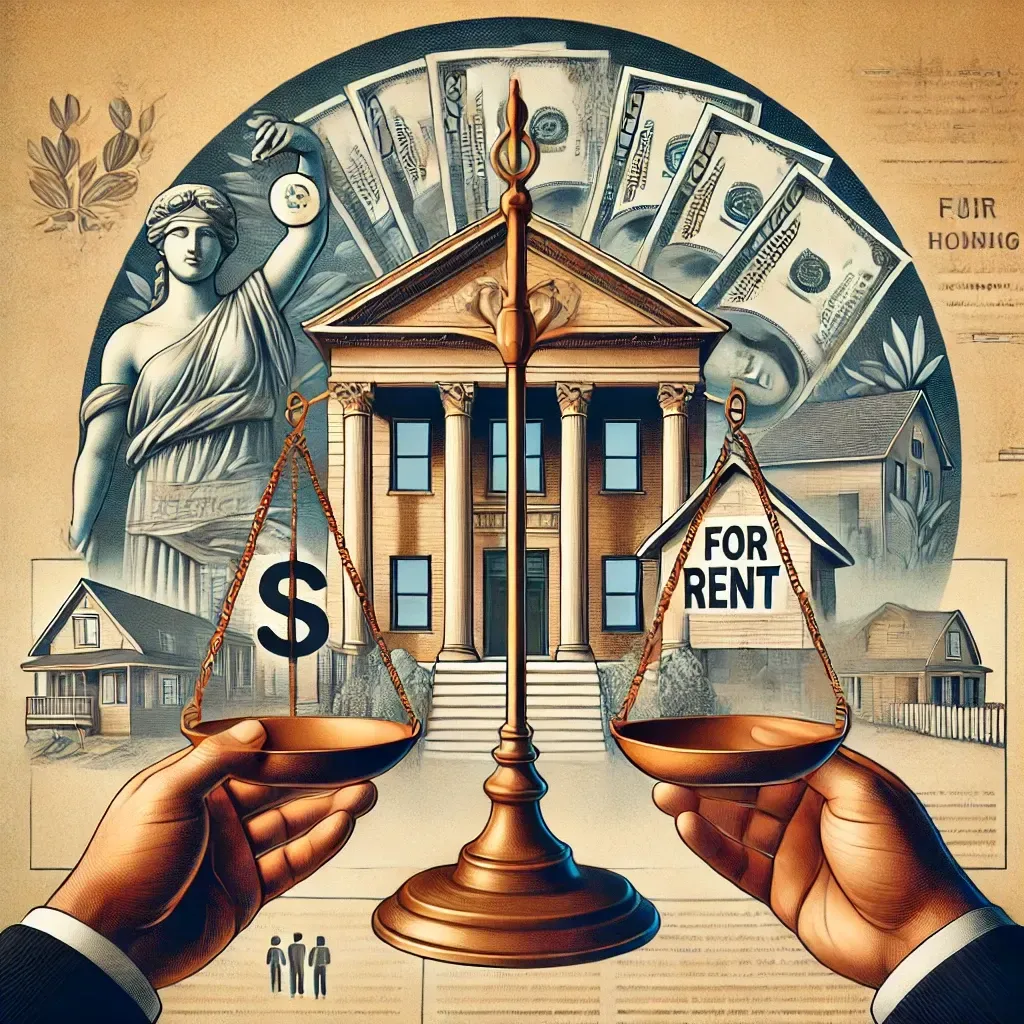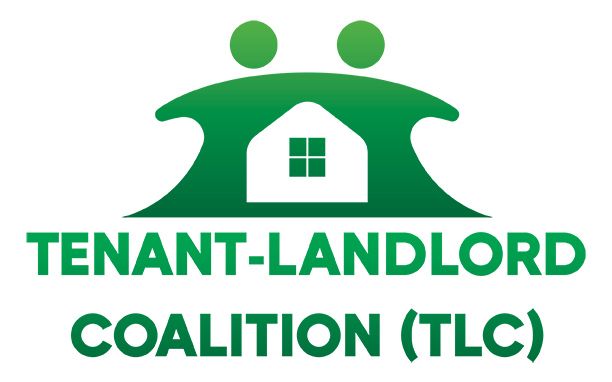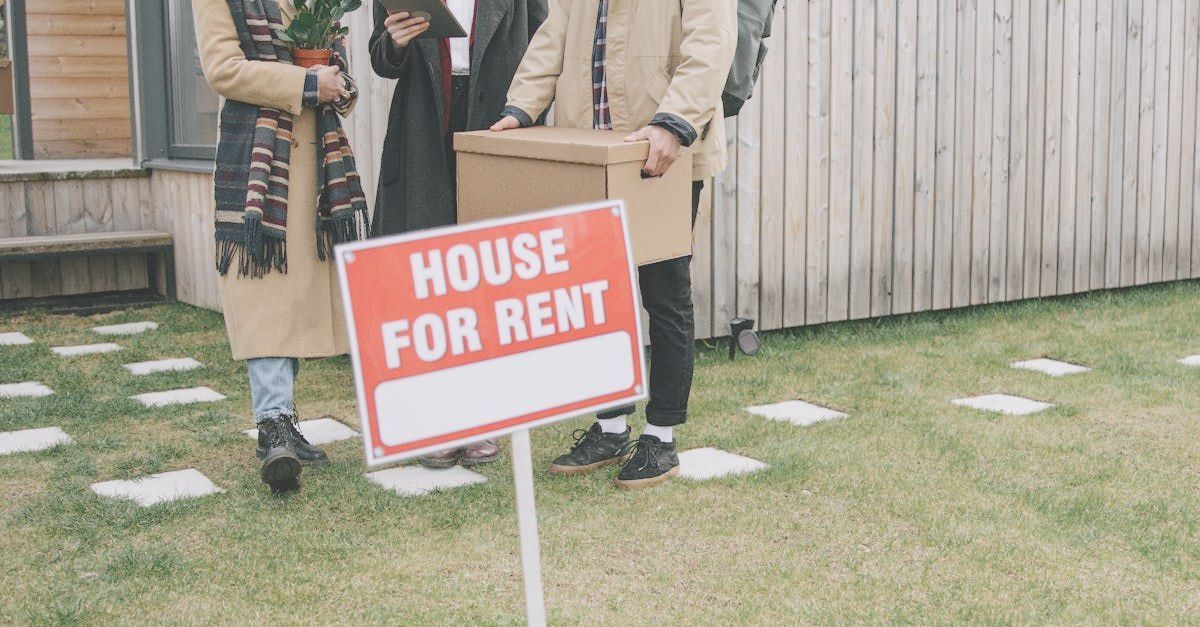Thomas Sowell on Human Rights and the Misconception of "Rights" to Goods
Thomas Sowell on Human Rights and the Misconception of "Rights" to Goods
In Thomas Sowell’s powerful video on the failures of price controls, including rent control, one of his most striking points is his take on human rights and the misconception that individuals have a "right" to specific goods or services. [Watch the full video here](https://youtu.be/mtGbJfeYzN4?si=GlfkzH2JzfJIsW4w).
Sowell challenges the common belief that people are inherently entitled to certain goods, such as housing or healthcare, as a matter of human rights. He makes it clear that while everyone agrees on the importance of housing, there is no inherent "right" to a specific good at the expense of others. His argument rests on the distinction between rights to freedom and the false notion of rights to material goods, which, he argues, fundamentally misinterprets the nature of human rights.
Sowell explains that for every good that one person is said to have a "right" to, another person must be compelled to provide it—whether it’s landlords providing housing at below-market rates or healthcare professionals offering services without fair compensation. This, he argues, violates the principle of voluntary exchange and individual freedom. In essence, creating a "right" to housing under rent control forces landlords into a position where they must provide services under conditions that do not allow them to cover costs, reinvest, or even maintain their properties.
He further explains that recognizing goods as "rights" distorts the very concept of rights, which are traditionally understood as protections from oppression or interference, not entitlements to resources. Sowell’s perspective forces us to reconsider what rights truly mean in a free society. According to him, real rights protect individuals’ ability to engage freely in transactions, rather than guaranteeing outcomes like affordable housing, which can only be provided sustainably through a functioning market.
By framing rent control as a violation of both economic principles and human rights, Sowell underlines the paradox of trying to create equality through government mandates. In the long run, rent control reduces the availability of housing, lowers the quality of properties, and often benefits those who least need help—contradicting its intended goals.
In a broader sense, Sowell’s comments force us to reflect on the fundamental nature of freedom. The key takeaway is that no one has a right to goods provided by others—only the right to engage in voluntary transactions. By understanding this, we can see how policies like rent control, which attempt to create artificial “rights,” actually cause more harm than good.
(https://youtu.be/mtGbJfeYzN4?si=GlfkzH2JzfJIsW4w)
